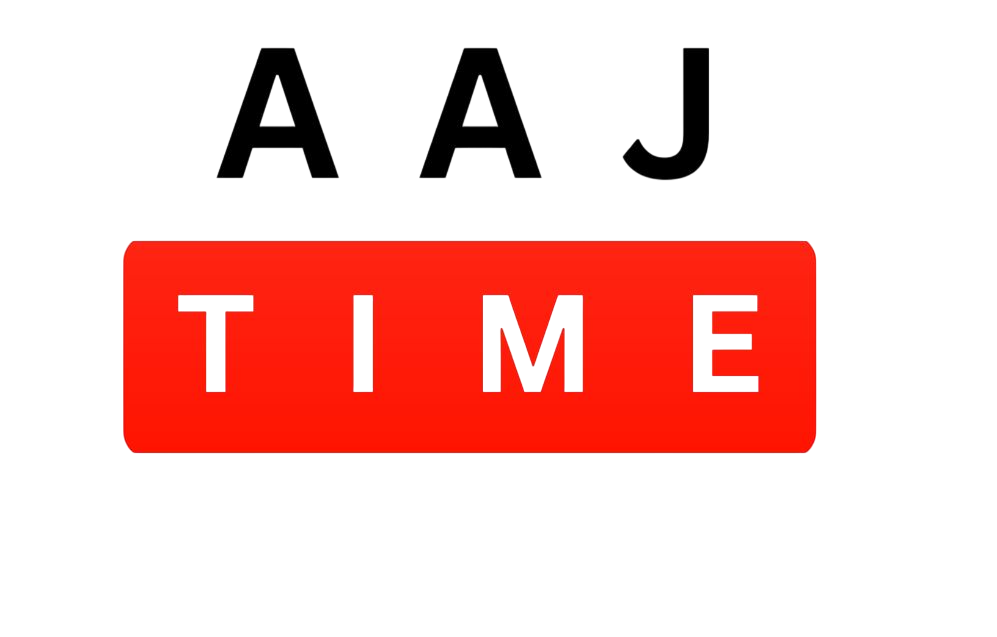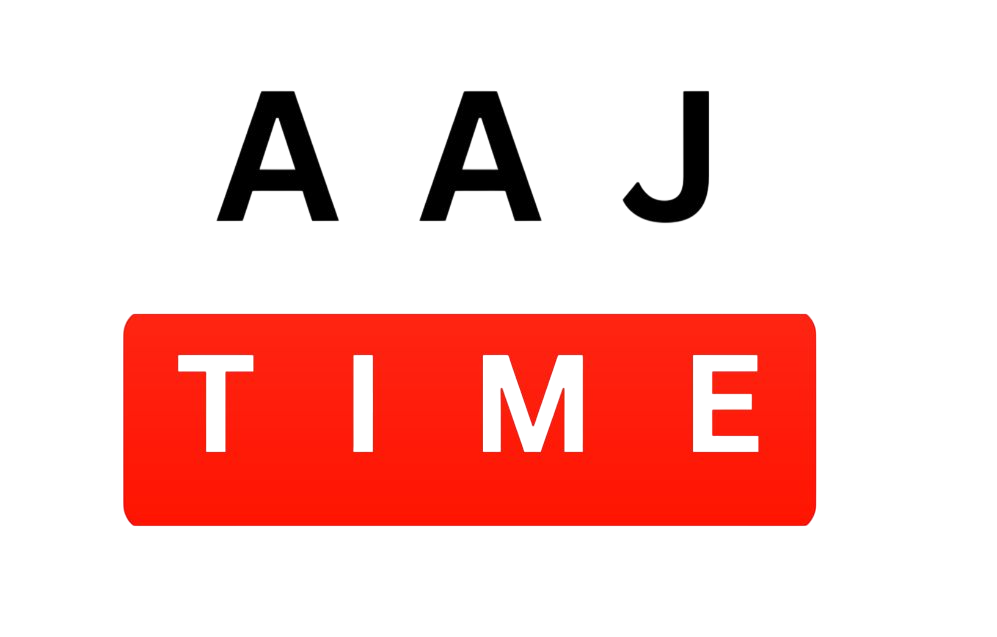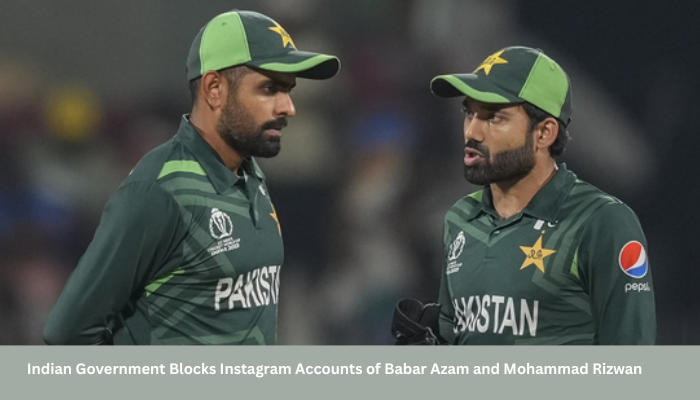In a significant move following the recent terror attack in Pahalgam, the Indian government has taken strict action against Pakistan on multiple fronts. One of the latest steps in this series of measures is the banning of Instagram accounts of prominent Pakistani cricketers within India. This decision comes as part of a broader strategy to counter anti-India propaganda and limit the digital influence of Pakistani public figures among Indian audiences.
Instagram Ban on Pakistani Cricketers
On the directives of the Indian government, Meta—the parent company of Instagram—has restricted access to the Instagram profiles of several Pakistani cricket team members for users in India. The list includes notable names like Pakistan’s captain Babar Azam, wicketkeeper-batsman Mohammad Rizwan, pace spearhead Shaheen Afridi, veteran bowler Mohammad Amir, and emerging players like Naseem Shah, Haris Rauf, and Imam-ul-Haq.
Indian users attempting to access these accounts now encounter a message stating that the content is not available in their region. This regional ban is a clear message from India that it will not tolerate individuals or platforms that are perceived to be contributing to any form of soft propaganda or influence in the wake of cross-border terrorism.
Government’s Justification: Countering Propaganda
The Indian government has justified this move as part of a larger campaign to curb the spread of propaganda and anti-India narratives originating from Pakistan. According to government sources, several social media accounts belonging to Pakistani celebrities and influencers have been under scrutiny for spreading misleading information, glorifying terrorism, or portraying a one-sided narrative of the India-Pakistan conflict.
In addition to the cricketers, the ban extends to Pakistani entertainment figures. Famous actors and artists such as Hania Aamir, Mahira Khan, and Ali Zafar are also facing similar bans. Their social media profiles are no longer visible to Indian audiences on Instagram. Officials say this step was taken after repeated warnings and after monitoring content deemed to indirectly fuel sentiments against India.
The Trigger: Pahalgam Terror Attack
The government’s intensified actions against Pakistani entities follow the horrific terror attack in Pahalgam, Jammu & Kashmir, which occurred on April 22, 2025. The attack led to the tragic deaths of 26 innocent civilians and injuries to dozens more. Investigations point toward Pakistani-based terror outfits being responsible for orchestrating the attack.
This incident sparked outrage across India, prompting the government to adopt a series of retaliatory and preventive steps. Among these were diplomatic measures, trade restrictions, and now, digital censorship of Pakistani personalities who are believed to hold influence over Indian citizens.
Other Measures Taken by the Indian Government
The banning of Instagram accounts is part of a larger toolkit the Indian government is employing against Pakistan following the Pahalgam attack. Earlier, the Indian government halted the review process of the Indus Waters Treaty, one of the long-standing water-sharing agreements between the two nations. While this treaty has not yet been fully revoked, the government has hinted at reconsidering its position based on future developments.
In another aggressive move, India has reportedly closed its airspace to Pakistani aircraft, increasing the diplomatic and logistical pressure on Islamabad. These steps are aimed at sending a clear message to Pakistan that India will no longer respond passively to acts of terrorism that originate across its borders.
Digital Front as a New Battlefield
The 21st-century battlefield is no longer limited to borders, missiles, or soldiers—digital space has become an equally important arena. With more than 800 million internet users, India is one of the largest social media markets in the world. The Indian government has recognized that platforms like Instagram, Facebook, Twitter (X), and YouTube can be used to subtly influence public opinion, especially among youth.
By blocking access to Pakistani cricketers’ and celebrities’ accounts, the government is attempting to cut off their reach in Indian cyberspace. This move is intended to weaken any soft power influence Pakistan may exert via its personalities who are followed and admired by sections of Indian society, especially cricket fans.
Cricket and Cross-Border Tensions
Cricket has historically been seen as a bridge between India and Pakistan, with matches drawing huge audiences on both sides. However, when diplomatic relations worsen, cricket becomes one of the first areas to suffer. This time, not only have bilateral cricketing ties remained suspended, but digital interaction involving cricket stars has also taken a hit.
While Indian cricket fans previously followed players like Babar Azam and Shaheen Afridi for their on-field performance, current geopolitical sensitivities have overridden such admiration. The Indian government’s decision indicates that even cricketing fame cannot shield individuals from the fallout of political and security tensions.
Public Reaction and Policy Implications
Public response within India has been mixed. Some citizens, particularly nationalists and supporters of a strong retaliation policy, have welcomed the move. They argue that social media should not be a platform for foreign entities, especially from hostile nations, to build fan bases or spread indirect influence.
On the other hand, some digital rights advocates have expressed concern over rising censorship and the possibility of a slippery slope. They warn that such actions, if not transparently explained or legally justified, could affect India’s image as a democratic nation that respects freedom of expression.
Nonetheless, the policy signals a new era in India’s security approach, where control of digital influence is becoming just as important as conventional military preparedness.
What Lies Ahead?
The current bans are limited to Instagram, but reports suggest that the Indian government is also monitoring other platforms like X (formerly Twitter), YouTube, and Facebook for similar actions. If such measures expand, it could lead to a broader digital decoupling between India and Pakistan, at least when it comes to public personalities and media content.
This also raises questions about the future of international tech companies operating in India. Will they comply with such regional bans under pressure from the government? Meta’s swift action in this case shows that global tech giants may increasingly be forced to choose between free expression and complying with local laws and geopolitical pressures.
Conclusion
The banning of Instagram accounts of Pakistani cricketers and celebrities by the Indian government is a powerful signal of India’s evolving digital and national security policy. Triggered by the brutal Pahalgam terror attack, this step is one among many that underline India’s assertive posture against Pakistan. It reflects the new strategic doctrine where the digital space is now firmly recognized as a domain of influence—and conflict. As tensions continue to simmer, more such actions may follow, reshaping how India and Pakistan engage in both real and virtual arenas.
Also Read: Does Home Advantage Still Matter in IPL?











